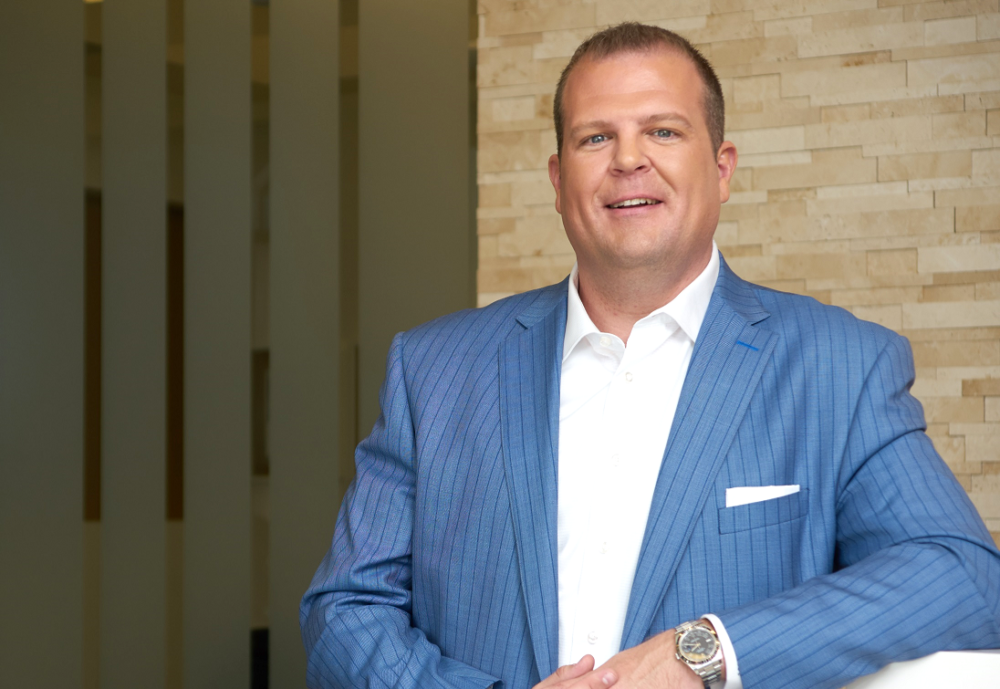The Advantage of a Holistic Approach to Business Transition
Provided by Eric Kala CFP®, CIMA®, AEP®, CLU®, ChFC®, CRPS®
It’s a day most business owners both dream about and dread: selling their business and retiring. To get to this major milestone, you’ve put in long hours. You’ve sacrificed time with family and friends along the way. Transitioning out of the business world and into the next exciting phase of your life should be the easy part, right? Not always.
When the deal closes, the biggest financial event of your life will happen in this one meeting. But will you be able to fulfill your dream of a satisfying, financially secure future when this happens? You will either have all the money from the sale (if your deal is all cash), a good chunk of it with more to come (hopefully), or a down payment on the value of the business, along with the promise of a stream of payments to come over time.
A business transition plan should be holistic in scope, helping you to answer crucial planning questions, such as:
- What do you want to achieve with the proceeds from the sale?
- How much will you spend each year in retirement?
- What is the best way to invest the money?
- And, are there gaps in your insurance coverage or estate plan?
Why wealth must be managed
If you’re like many business owners, you’re probably in one of two camps about what comes next: (1) you’ll want to prepare in advance, learning as much as possible about how to manage the cash you’ll be receiving; or (2) you’ll deal with the issue when the cash actually comes. Either way, the choices you make about your business proceeds will have a profound impact on your life in retirement. That’s why the phrase “take your time” is important before moving forward.
Your business may represent your largest asset and the foundation for the money you will need in retirement. These taxable assets, along with whatever you’ve set aside in your qualified retirement plan and/or Individual Retirement Account(s) will need to generate sufficient income to last 20 to 40 years once you stop working. How will you ensure that your money goes the distance?
For starters, you need to understand what it will ultimately take to create the lifestyle you want for retirement. After years of focusing on wealth accumulation and the day-to-day cash flow needs of running a business, the challenge is to think in terms of drawing down those assets to provide a reliable stream of income that can last as long as you need it to. That’s why business experts suggest developing a plan that coordinates your business transition and retirement goals. Among other things, your goal is to determine a sustainable income that will help ensure financial security and the realization of your dreams for the future.
A comprehensive transition plan can also provide a timetable and strategies that may help you reduce the tax liability on the transferring of assets on the sale of your business. The transition plan can help make sure your income needs are met in the future by taking advantage of opportunities, such as setting up a pension plan or another type of a retirement compensation agreement prior to the sale of the business – a move that may assist in reducing taxes. It may also highlight opportunities to pre-pay future expenses, thus possibly reducing the amount of after-tax income you may need in retirement. Examples include paid-up life insurance and a special trust to pay for uninsured medical expenses incurred after retirement.
Take stock of your financial situation
Most business owners do not have a tremendous amount of investment cash at their disposal while they’re growing a business. The sale of a business may change that significantly. With your future financial security at stake, you may find yourself suddenly overwhelmed with the choices of how best to streamline your finances and preserve and protect your new cash.
The thought of handling this by yourself may be intimidating. That’s why you may want to consider working with a financial professional – someone who can show you how to maximize the proceeds from the sale of your business, based on hypothetical investment returns and withdrawal rates; explain various investments, so you can choose those that align with your long-term goals and risk tolerance; help you structure an asset allocation strategy for your portfolio, monitor your portfolio’s performance over time and help you make adjustments as your goals and needs change; and identify and fill gaps in your financial and estate planning.
Consider working with a business transition expert who has the resources to answer more than just the investment management aspect of your wealth. Retirement income distribution planning, estate planning, family gifting and legacy, charitable planning, and medical and long-term care planning are all areas that should be integrated into your overall plan. Together, they may pay major dividends in terms of financial security for you and your family for years to come.

Article prepared by Northwestern Mutual with the cooperation of Eric Kala. Avid Wealth Partners is the marketing name for The Northwestern Mutual Life Insurance Company, Milwaukee, WI (NM) (life and disability insurance, annuities) and its subsidiaries Avid Wealth Partners is the marketing name for The Northwestern Mutual Life Insurance Company, Milwaukee, WI (NM) (life and disability insurance, annuities) and its subsidiaries. Eric Kala is a Wealth Management Advisor with Northwestern Mutual, the marketing name for The Northwestern Mutual Life Insurance Company (NM), Milwaukee, Wisconsin, and its subsidiaries. Wealth Management Advisor is an agent of NM based in San Antonio, TX. To contact Eric Kala, please call (210) 446-5752, e-mail him at eric.kala@nm.com or visit his Web site at avidwealthpartners.com. This information is not intended as legal or tax advice. Not all products mentioned in this article are offered through Northwestern Mutual.







Recent Comments